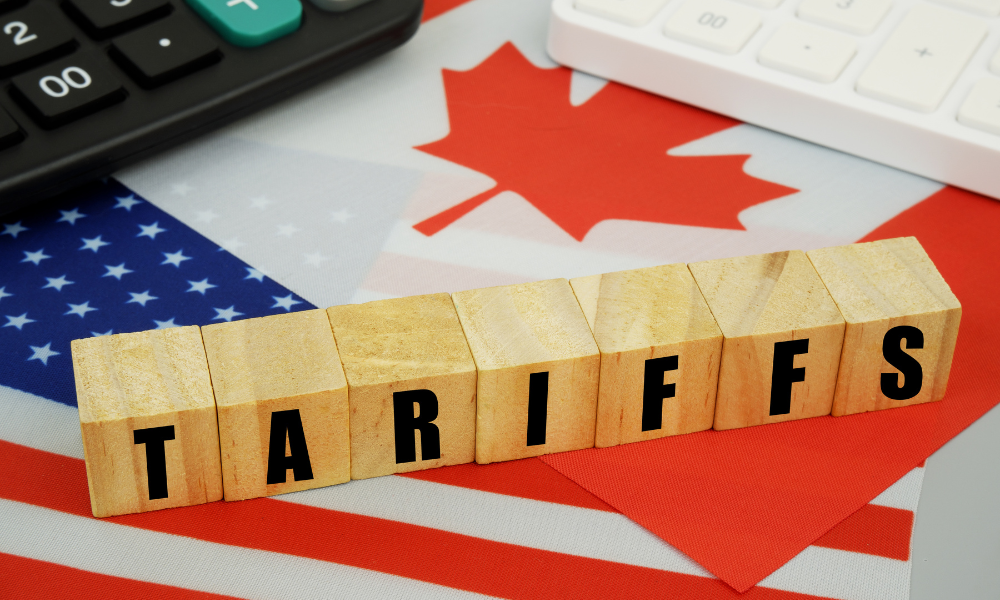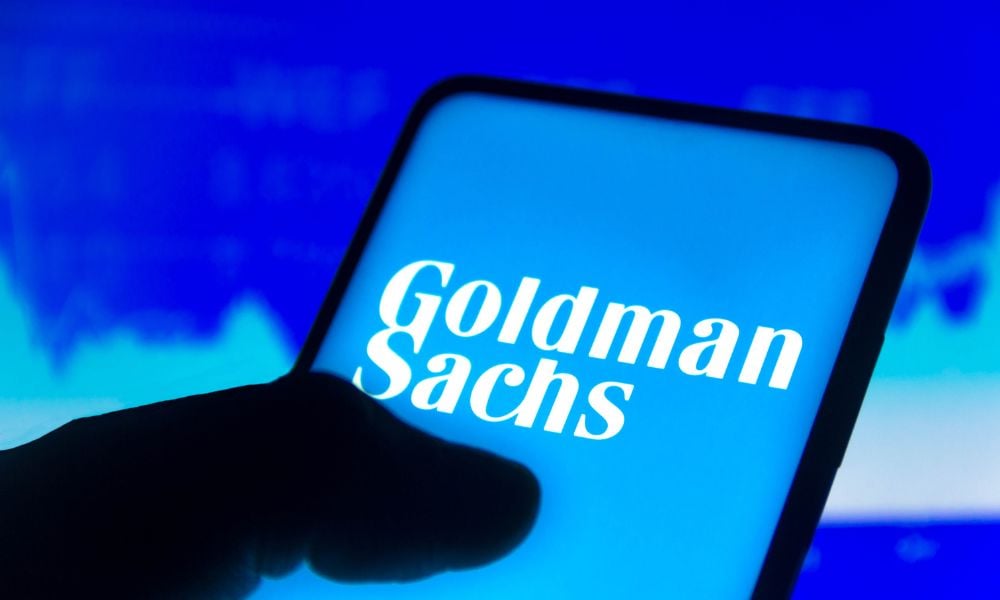Oxford Economics says Canada's exemptions ease inflation risk and support modest growth recovery

Canada has rolled back nearly all its retaliatory tariffs on United States imports, reducing inflation pressure and lifting its economic forecast, according to Oxford Economics.
Canada levied 25 percent tariffs on about $60bn in American goods this March, responding to new US tariffs introduced under President Donald Trump’s administration, according to BNN Bloomberg.
In early April, it added tariffs on US-made automobiles.
Later, Prime Minister Mark Carney’s government introduced a six-month exemption covering goods used in manufacturing, processing, food and beverage packaging, and products linked to health care, national security, and public safety.
Automakers producing in Canada, including General Motors Co., received clearance to import certain vehicles without tariffs.
According to Oxford’s estimates, those carveouts reduce the tariff-rate increase to “nearly zero.”
Tony Stillo, Oxford’s director of Canada economics, said the government’s response was “a very strategic approach from a new prime minister to really say, ‘We’re not going to have a retaliation.’”
He added that it was a deliberate move “to not damage the Canadian economy.”
Canada still maintains tariffs on specific US imports, including orange juice, alcohol, coffee, cosmetics, and clothing.
Carney secured an election victory last month by convincing millions of voters that he could manage the trade war with the United States, which remains the buyer of roughly three-quarters of Canadian exports.
He stated that Canada must focus on domestic growth, supported by government-funded infrastructure and housing plans, and explore new global alliances in trade and security.
Carney also made clear that he does not necessarily support “dollar for dollar” retaliation, despite former Prime Minister Justin Trudeau’s earlier endorsement of that approach “in principle.”
Oxford continues to forecast a Canadian recession in the near term, but it revised its 2025 growth projection up to 0.9 percent for this year and 0.3 percent for the next.
The firm expects inflation to temporarily climb to 3 percent in 2026 before easing again. It also noted that government spending would help buffer the economy from the trade-related impacts.
Finance Minister François-Philippe Champagne’s department, which oversees tariffs, did not respond to BNN Bloomberg’s request for comment on the Oxford assessment.
In Washington, Canada’s ambassador to the United States, Kirsten Hillman, stated that the top priority in early negotiations with Trump’s team would be ending tariffs on Canadian exports.
“Dealing with those tariffs, and getting Canada into a position where we are finding stability in the trading relationship, is our number one priority with the Americans,” she said.
From Canada’s perspective, she added, that issue must be on the table in any discussion with the US, calling it “a starting point for us.”
Trump introduced 25 percent economywide duties in March but scaled them back shortly after for imports complying with the Canada–US–Mexico Agreement (CUSMA).
However, Canadian steel, aluminum, and automobiles remain subject to tariffs.
Hillman confirmed that any CUSMA-specific negotiations would occur separately at a later time. Trump has expressed interest in revisiting the trade pact, despite calling it “still very effective.”
He also referred to CUSMA as a “transitional deal” and said, “I didn’t know if it was necessary anymore.”
During a recent White House visit, Carney met with Trump, after which Hillman spoke with US Trade Representative Jamieson Greer.
International Trade Minister Dominic LeBlanc also connected with US Commerce Secretary Howard Lutnick.
“The process now will be to get those discussions started in a serious and substantive way,” Hillman said.
She described the prime minister’s meeting with Trump as cordial and productive.
While Trump repeated in public that he remained interested in annexing Canada, he tempered his tone by saying, “It takes two to tango.”
Hillman added that Trump “repeatedly told Carney in public and behind closed doors that it was an honour to speak with him.”
According to Hillman, both leaders agreed to pursue a deal that works for both countries.
Carney also raised concerns over the trade law’s national security exemptions, which Trump used to justify tariffs by linking them to unsupported claims of fentanyl smuggling from Canada.
Outside of CUSMA, Hillman said Canada and the US will also negotiate on defence, Arctic security, and northern border coordination.
“The US has been clear with us since the president took office that they are looking to have bilateral discussions with every country,” she said.
She noted that the US is currently in bilateral talks with Mexico, adding, “Mexico is in town almost every week talking to the Americans.”
Trump expanded his trade strategy globally in April, announcing reciprocal tariffs but replacing the most severe ones with a 10 percent universal tariff for 90 days to give nations time to negotiate.
Hillman said she expects Canada will have “the time we need with the administration to deal with our issues.”
“There’s a strong signal from the top level in this country that Canada is a priority,” she said. “That’s not just because the president clearly wants it to be so, but it’s also because we’re their biggest customer by far.”



